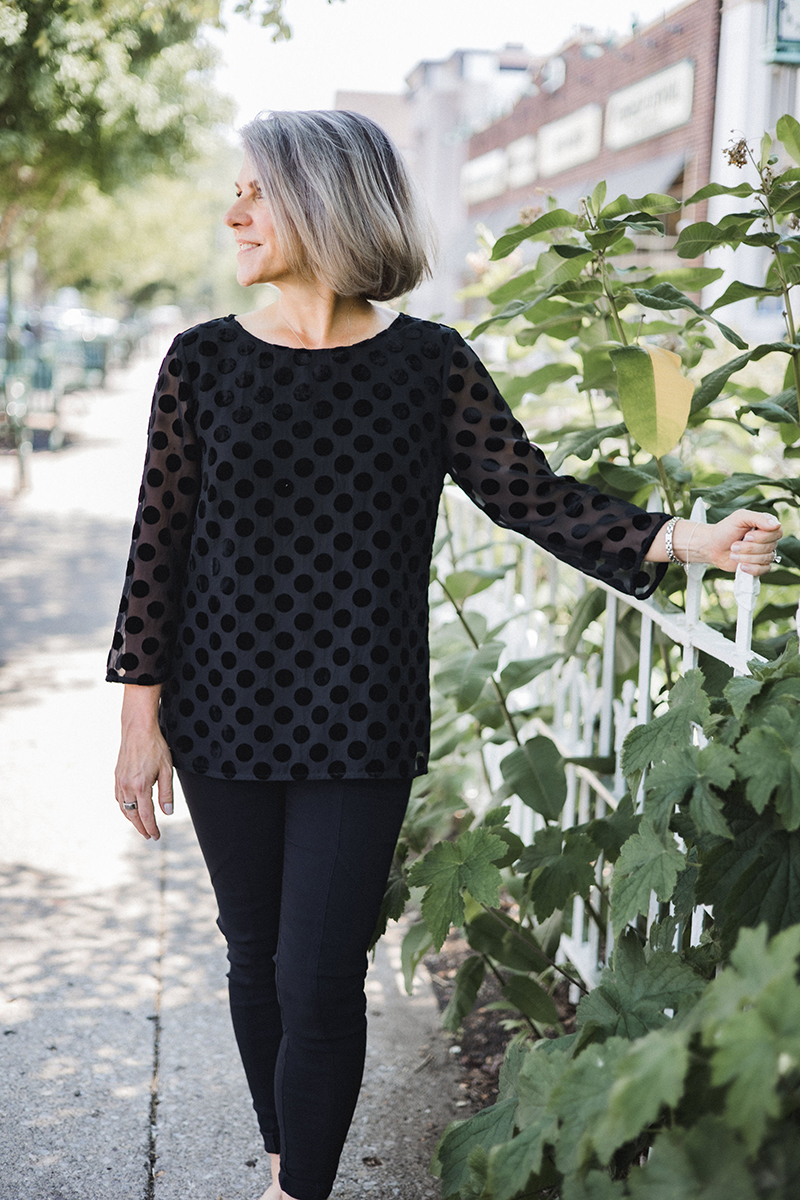I’d like to share something else with you from my Women’s Leadership Summit keynote address a few weeks ago.
I shared a story with the attendees about PERSPECTIVE.
About not being too quick to judge your circumstances. Not labeling your circumstances as “good” or “bad.”
Our inner critic, that voice in our head that judges us constantly, also has an alter ego. Two of them, in fact.
- One of them judges others.
- And the other one judges our circumstances.
But the truth is, in much of our day-to-day lives, circumstances are not inherently good or bad.
It’s our THOUGHTS about them and not the actual facts about the circumstances themselves that make us judge them as good or bad.
Can you think of a time when something “bad” happened in your life, and in hindsight, it turned out to be a gift in disguise?
I’m betting you can think of more than a few.
Let me share with you an old Chinese parable, The Stallion Story.
An old farmer lives on his farm with his teenage son. He also has a beautiful stallion that he lovingly cares for.
The farmer enters his stallion into the annual country fair competition. His stallion wins first prize. The farmer’s neighbors gather to congratulate him on this great win. He calmly says, “Who knows what is good and what is bad?” Puzzled by this reaction, the neighbors go away.
The next week, some thieves who heard about the stallion’s increased value steal the horse. When the neighbors come to commiserate with the farmer, they find him again very calm and gathered. He says, “Who knows what is good and what is bad?”
Several days later, the spirited stallion escapes from the thieves and finds his way back to the farm, bringing with him a few wild mares he has befriended along the way. To his neighbors’ excited rounds of congratulations, the old farmer once again says, “Who knows what is good and what is bad?”
A few weeks later, the farmer’s son is thrown off one of these new mares as he is trying to break it in, and his leg is fractured. As the neighbors gather to commiserate with the old farmer, he once again reminds them, “Who knows what is good and what is bad?”
The following week, the imperial army marches through the village, conscripting all eligible young men for the war that has just broken out. The old farmer’s son is spared due to his fractured leg. The neighbors no longer bother to come to the old farmer to congratulate him. By now they know what his response will be: “Who knows what is good and what is bad?”
So which perspective is TRUE?
Whichever you BELIEVE becomes true.
It becomes a self-fulfilling prophecy, which is based on the neuroscience principle of cognitive bias.
We find evidence for what we believe, and discount any evidence to the contrary.
I think it was Henry Ford that said, “if you think you CAN or you think you CAN’T – you’re RIGHT!”
Perspective.
Self-fulfilling prophesy.
So I will leave you with two thoughts on PERSPECTIVE.
- We truly cannot know immediately whether things are good or bad.
- With practice, we can learn to find a gift or opportunity in every situation.
How has your inner critic impacted your perspective in the past?
How would you like to respond in the future?
What will you choose?
Here’s to choosing your perspective,
Denee

